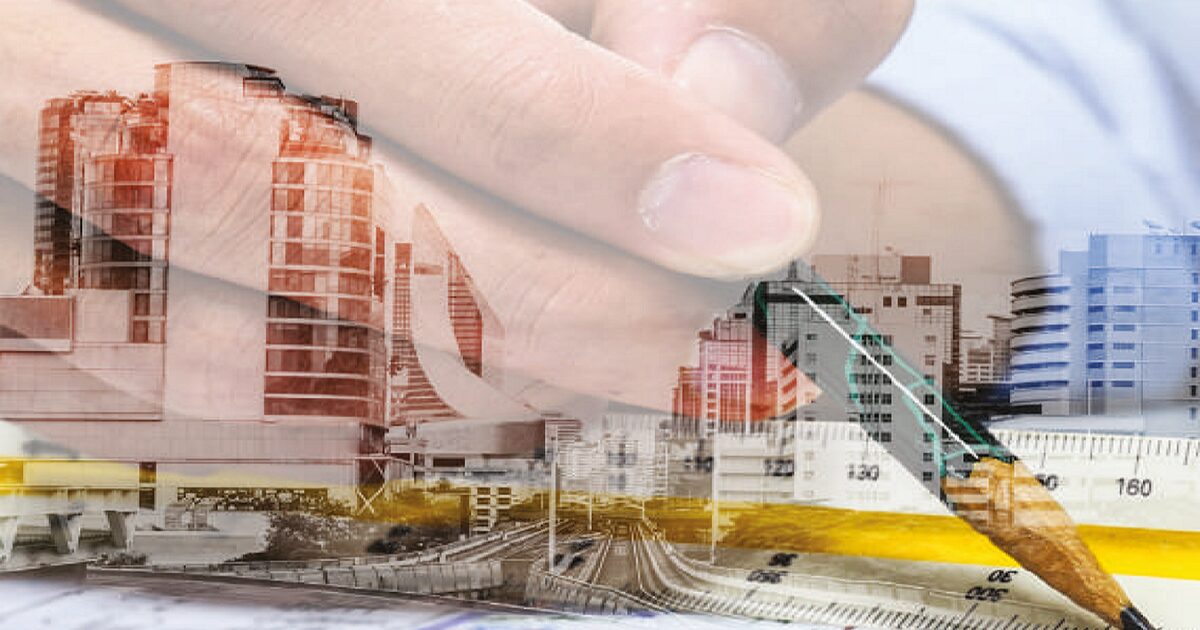How Structural Engineering Affects Everyday Life:
Structural engineering affects our daily lives in many ways, from the buildings we live and work into the bridges and roads we use to get around. Here are some specific ways that structural engineering affects our daily lives:
Buildings: Structural engineers oversee making sure that buildings are safe, useful, and look good. They use advanced modelling and simulation tools to test how buildings behave under different loads and conditions, making sure they can survive natural disasters like earthquakes and hurricanes.
Bridges and roads: Structural engineers help plan and build bridges and roads, which are important for getting people and communities together. They work to make sure that these buildings are safe and long-lasting, and that they can handle a lot of traffic and bad weather.
Public transportation: Structural engineers are very important when it comes to planning and building public transportation systems like subways and light rail. They work to make sure these systems are safe, work well, and can handle a lot of people at once.
Energy infrastructure: Structural engineers help plan and build things like power plants and transmission lines that are used to move energy. They work to make sure that these structures are safe and reliable and can supply energy to homes and companies.
Water and sewage systems: Structural engineers help plan and build water and sewage systems, which are important for getting clean water and getting rid of waste. They work to make sure that these systems are safe, effective, and can handle a lot of water and waste.
In conclusion, structural engineering has a big effect on our daily lives, from the buildings we live and work into the infrastructure that keeps our communities running. As the field continues to change and improve, structural engineers will be very important in shaping the built world of the future and making sure it is safe, sustainable, and useful.
Disclaimer: This content is provided solely for your review. Erusu Consultants takes no liability for this article. The reader is advised to form their own opinion. Please consult a structural engineer before making any final decisions.






